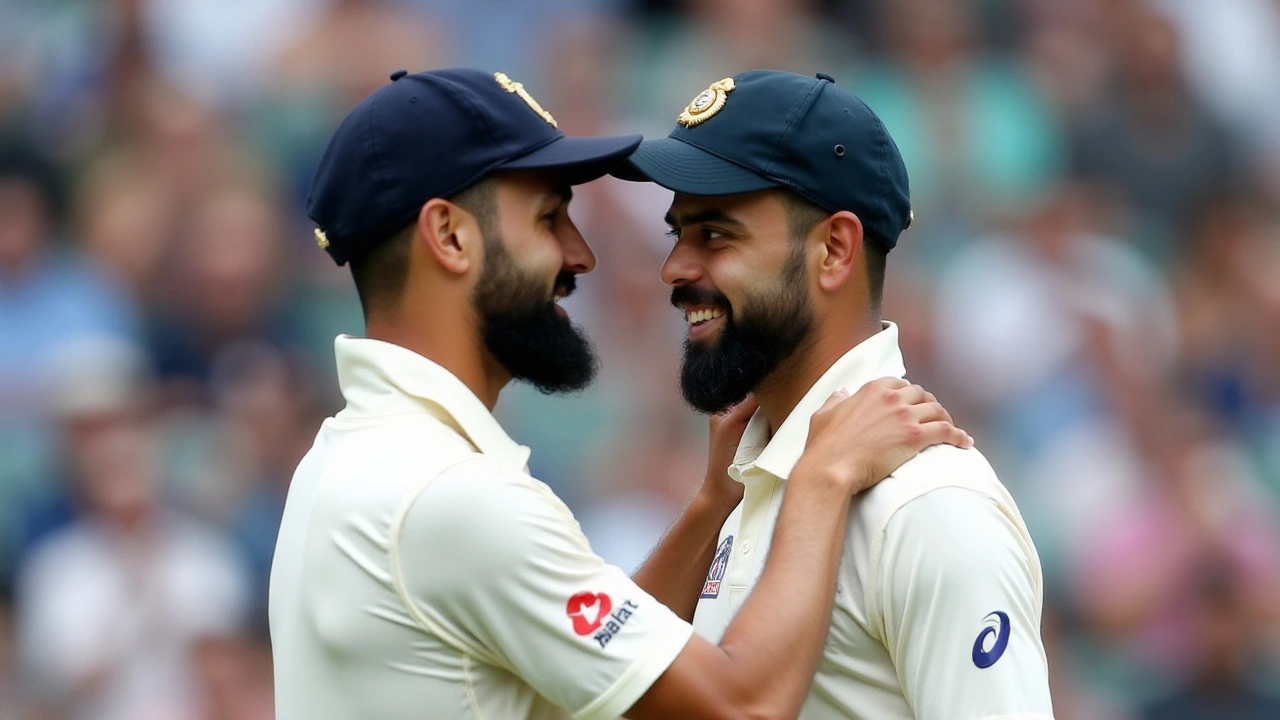ICC Sanction: What an ICC Action Really Means
An ICC arrest warrant or legal action can change a country’s diplomatic life fast. People often call these "sanctions," but the International Criminal Court (ICC) itself prosecutes crimes and issues warrants. Real-world measures like travel bans, asset freezes, or trade limits usually come from states or the UN in reaction to ICC moves.
So, what should you know right away? First, an ICC warrant targets individuals, not whole countries. Second, cooperation matters: if a state hands over a suspect, the case can go to trial. If a state refuses, other countries may step in with political or economic pressure. That’s where the word "sanction" usually shows up.
How ICC actions lead to sanctions
Here’s the sequence you’ll see in news coverage. The ICC prosecutor investigates alleged crimes. If there’s enough evidence, the court issues an arrest warrant or summons. States that support the ICC may then adopt measures—like restricting visas or freezing assets—to push for compliance or to punish obstruction. The UN Security Council can also impose binding sanctions, though politics there can block action.
Those measures aim to increase pressure on leaders or networks to cooperate with justice. They’re not the ICC punishing someone directly; they’re tools other governments use alongside the court’s legal steps.
Practical effects and what to watch
What happens on the ground? Expect immediate diplomatic fallout: reduced visits, suspended aid, or public statements from other states. Businesses may pause new deals. Banks could flag transactions linked to indicted individuals. Travel for targeted people becomes harder. For citizens, this can mean slower aid deliveries or chilled investment—but it can also bring international attention that helps local advocates push for change.
If you want reliable updates, follow these sources: the ICC’s official website for legal filings, trusted international news outlets for sanctions and political reactions, and your country’s foreign ministry for practical travel or trade guidance.
For families or local civil society groups worried about fairness and rule of law, consider these steps: document events, seek legal advice from human-rights lawyers, contact international NGOs, and use social media to keep attention on due process. If you’re a business, ask your compliance team about exposure and check guidance from banks and trade associations.
Finally, remember this: ICC actions aim to hold people to account. Sanctions applied by states or the UN amplify that pressure, but they also carry political baggage. Watch for follow-up moves—appeals at the ICC, diplomatic negotiations, or changes in domestic policy. Those next steps often determine whether the initial action leads to lasting justice or simply a short-term crisis.
Want a quick checklist? 1) Check ICC updates. 2) Monitor your government’s travel and trade notices. 3) If you’re affected, talk to a lawyer or NGO. 4) Keep records and stay vocal about due process. That keeps you informed and ready for whatever comes next.

